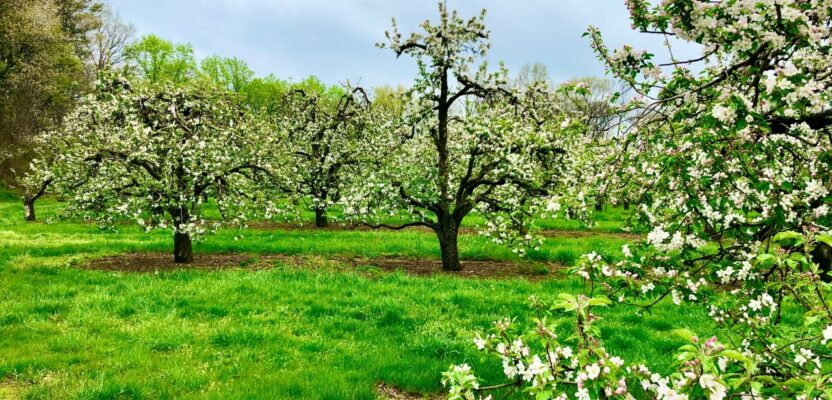It’s a normal progression in the career of a surveyor to move into personnel management, as one becomes more experienced and gets promoted to a management position, or as they operate their own private practice. One of the first and most obvious problems is that not all good surveyors are good at managing people. Give an old surveyor a problem with balancing a control network or resolving an issue with a property boundary, and they will normally tear right into it and complete the task with excellence. However, give that same surveyor an employee who has performance issues, the solutions aren’t always evident or easy to produce.
There are a lot of surveyors who first were attracted to surveying because they could be outside and away from most of the annoying people in the office. But as they acquired more experience and were promoted to an office position and, eventually, a management position, it was hard to say “No” to the offer of higher wages.
I’m at that point in my career (much closer to the end than the beginning) where I have managed survey personnel for quite some time now. As I face some of the same issues with people—mostly being that they are a strange and interesting bunch—I’ve become philosophical and feel I can share some of my insight in this column. I’ll do that with a little allegory, as follows:
There was a little apple orchard by the name of [insert your company’s name here]. This orchard was bountiful, beautiful, and well-known in the area. People loved the apples from this orchard and bought them wherever they were sold; farmer’s markets, fruit stands and even some were sold to large supermarket chains. Not all were table apples. Some were sold for juice and applesauce because of their unique qualities. You see, each of the trees was unique, bearing various types and sizes of apples, but each one produced at least some usable apples.
Not all of the trees produced equally. Some of the trees were neglected when they needed to be pruned and amassed some dead wood. Other trees had issues with worms and insects because they were not sprayed with the needed pesticides. Still others had stunted growth because they were not well fertilized. It seemed that when a tree wasn’t producing as well as the owners felt it should, it got transplanted to the back of the orchard and became neglected.
In the back of the orchard, the situation got worse, and the vines and briars started to grow around the trees and prevented the trees from producing much fruit at all. The manager of the orchard rarely visited them and allowed the bad growth to take over. What made this situation difficult was that the other trees were now expected to produce more apples to make up for the lack of production. What was even worse was that the bad trees produced some bad fruit with spots and worms in them, and sometimes those bad apples made their way into the baskets that were sold at the fruit stand and the customers (or, as the orchard owners called them, clients) took notice and soon the reputation of the orchard started to get tainted. All of this happened because of neglect by the manager of the orchard.
It was evident that the manager loved to plant the young trees when they arrived at the orchard. He enjoyed planting them in good soil, watering, fertilizing, and training them up to be strong, productive trees.
It was mostly the maintenance and trimming of the older trees that he hated. He eventually realized that each tree needed to be tended and sometimes pruned to the point where the person with an untrained eye might think that irreparable damage was done. But the manager learned how to prune correctly, to bring out more productive limbs which bore fruit. It also became evident that some trees that were no longer productive had to be pulled out and discarded.
I think that the analogies and metaphors are easy to see in this little tale, so I won’t elaborate on the meaning of this, except to say that people are much more temperamental and fragile, but they do need some nurturing, even if it is from a tough, old surveyor.

